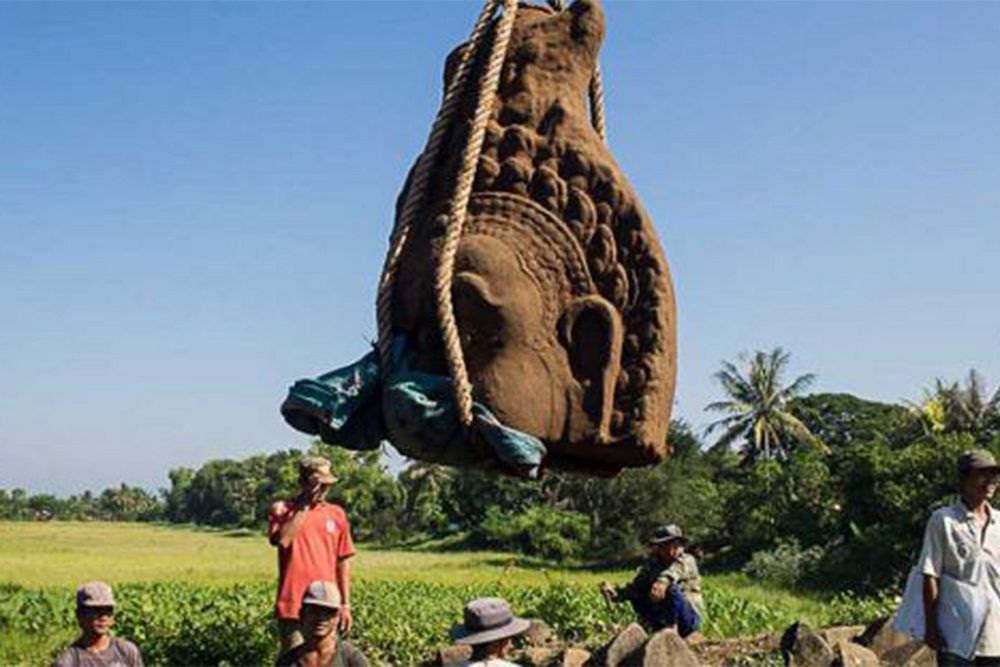Though Vietnam's dog meat trade seems to be slowly falling out of favor among the country's younger citizens, it turns out the practice is alive and well among a different demographic these days: tourists.
According to Australian news outlet ABC, the curiosity of foreign visitors is helping to sustain the region's cruel and dangerous dog meat black market.
“What we are seeing more and more of is tour guides in Vietnam pushing western tourists to try dog meat, because it is a cultural thing,” John Dalley of the dog-rescuing Soi Dog Foundation told ABC.
“And tourists are trying it.”
Activists estimate as many as 70% of dogs eaten in Asia are stolen pets. In Vietnam, a country which consumes roughly 5 million dogs a year, the practice has generated great controversy among local residents, largely due to the stealing of pets. Several dog thieves have been killed by angry mobs as a result of these kidnappings.
While some have no objection to consuming canines, the health issues surrounding the practice are also a serious matter, never mind the cruelty these animals face.
“Tourists are not realizing what the dog has gone through and also the danger they are putting themselves in,” says Dalley.
Given the dubious origins of the many captured dogs involved in the trade, consumption of canine meat can lead to diseases like rabies and cholera.
“You cannot address the rabies issue throughout Asia without addressing the dog meat trade, because the trade is correlated with the spread of rabies,” Human Society International representative Kelly O'Meara told ABC.
The dogs themselves also face a horrific fate, as they are often beaten, strung up or boiled alive. There is even a belief among some that inflicting pain upon on animal prior to its death will enhance the meat's flavor, adding another level of inhumane treatment to the cruelty these animals suffer.
The tides, however, are beginning to shift. In 2014, Thailand officially outlawed its lucrative dog meat trade and is working to bring it under control, while younger Vietnamese, particularly in urban areas, are becoming less and less enamored of the practice. Celebrities and politicians abroad have also called for an end to the dog meat trade, while Vietnamese celebrities have run a similar campaign within the country.
“The younger generation in most of Asia is not participating in the consumption of dog,” O'Meara told ABC.
“This trade is dying over the course of a generation.”
[Photo via ABC]














